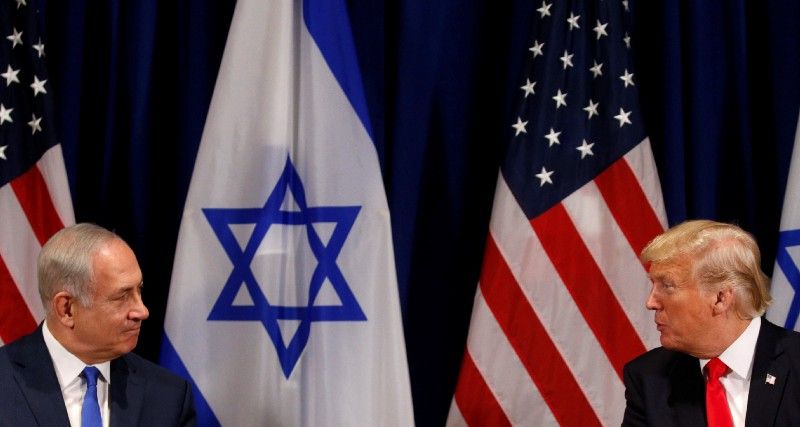This week President Trump is expected to officially recognize Jerusalem as the capital of Israel. Until now, the US has refrained from weighing in on this issue, as both Israelis and Palestinians claim the holy city as their capital, and its final status has always been seen as a critical part of any peace agreement.
So why now? Three broader angles to consider:
Trump is under fire at home and Republicans — particularly Evangelical Christians — have always sought this move. Is Trump’s decision here serendipitous timing or a little red meat for the base as the Russia investigation starts to bite?
Israel’s PM Benjamin Netanyahu is also in domestic trouble, facing serious corruption allegations that have sparked protests in recent weeks. US recognition of Jerusalem as the capital plays well with his base — so from one self-described victim of a “witch hunt” to another, could this be a timely political gift?
Elsewhere in the region, Sunni Arab officials have warned that this move will provoke violence and regional instability, but our guess is that when it comes down to it the key Sunni Arab powers in Egypt, Saudi Arabia, and the UAE care more about countering Iran — with a vigorously anti-Tehran US President — than they do about Palestinian aspirations.
